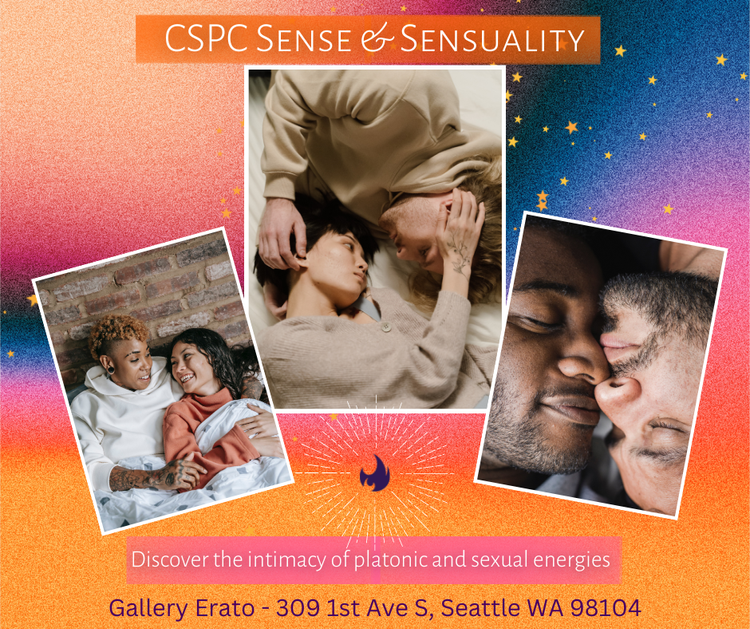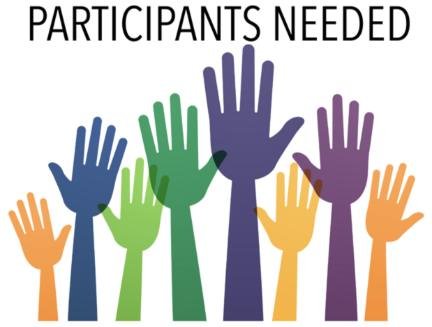by Eirikah Delaunay
As part of the sex positive community, you know consent and negotiation are essential for having the pleasurable interactions you desire. When you’re excited to play with a sexy someone new or explore that fantasy you’ve had for years, it can be tempting to focus on all the juicy goodness you’re planning and avoid conversations that might bring up feelings of shame or that might risk rejection. However, your health and safety matter, and so do the health and safety of our community.
As sex positive people, we are more likely to have more than one sexual partner, which means that our sexual health potentially impacts an expanding network of people who enjoy sexytimes together. Yet, when I went to get tested for STIs most recently, I had to argue with my doctor to get certain tests, like the blood test for HSV1 and HSV2. Then, when my test came back positive for HSV1, she advised me not to disclose my status to potential partners because of the “stigma” associated with STIs and because “people don’t really change their behavior based on test results anyway.” She never seems to get that if we all disclosed, we could eliminate the stigma. And whether people change their behavior or not, it’s my job to make sure that my partners can give me truly informed consent, which includes being informed about my health and my boundaries for safer sex.
Consider practicing the STARS model of basic negotiation developed by Dr. Evelin Dacker:
S - STI Status: When was your last STI testing? What were the results?
T - Turn Ons: What turns you on? What would you like to do with me?
A - Avoids: What are your limits? What squicks you?
R - Relationship Intentions: Sex, romance, friendship, or some combination?
S - Safer Sex Practices: How do you protect yourself from pregnancy & STI transmission?
It’s your responsibility to communicate your STI status to your potential partners, and it’s your right to request their status, too. Discussing and respecting each other’s boundaries and protocols for safer sex is foundational for consent. This might mean using condoms, dams, gloves, or other barriers. It might also mean negotiating the kinds of contact you have with other partners and their STI status if you want to forego barriers.
Be explicit about your boundaries. Different people can have very different practices. Condoms for penis-in-vagina, but no barriers for oral sex? Barriers for everything below the waist, but mouth kissing is fine? No barriers with one partner, but barriers with others? There are so many possible configurations! None of them are more “right” than another, but they do carry different levels of risk. Educate yourself on the risks and make the decisions that are right for you.
What if your partner’s safer sex practices are different from yours? Honoring consent means honoring the practices of the partner who is most risk-averse without guilt tripping or shaming. If that’s not for you, be honest about that, too. Maybe your risk profiles aren’t compatible, but at least you can maintain trust and integrity with each other and the community.
Remember to have these conversations before beginning play. Once the action has started, it’s hard to slow down to consider the finer points of getting and giving informed consent. For instance, this can happen in pick up play where you are seeking a certain experience, and you’re not focused on building a relationship. It’s easy to just go with the flow and see where things lead, consenting moment-to-moment as the action progresses, but you’re missing the “informed” part of consent when you don’t discuss STIs and safer sex first.
Safer sex practices are especially important for consensually non-monogamous folx, as we are honoring relationship agreements that serve our partners and our partners’ partners (and so on and so on…). We’re excited to have a guest speaker about STIs and safer sex at the online More Amoré Discussion Group on February 12! Register now to join us and learn more about taking care of your sexy self and your partners while reducing the awkwardness of having “the talk.”







